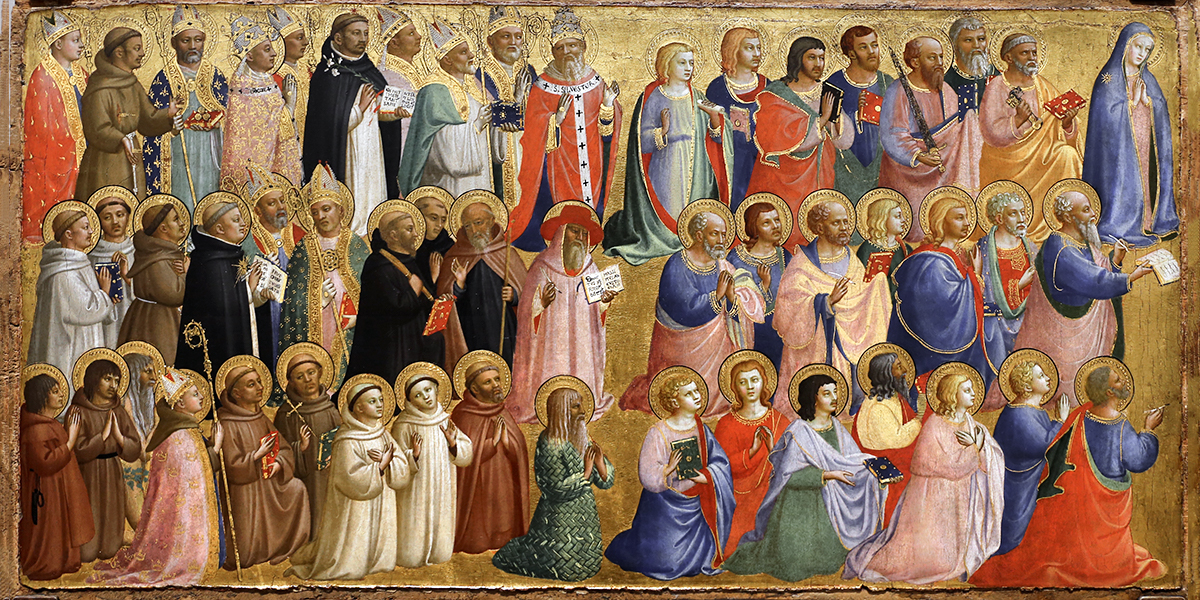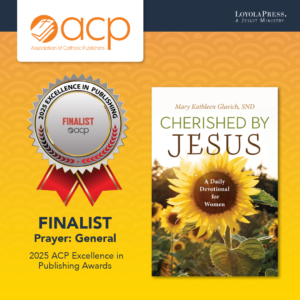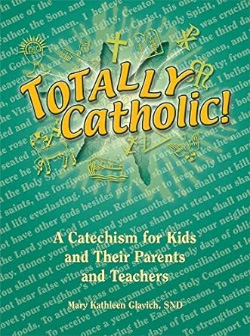
I’m writing this post on the feast of St. Augustine. Arguably his most famous words are the prayer “My heart is restless until it rests in you.” But he also said,
“To fall in love with God is the greatest romance; to seek him the greatest adventure; to find him, the greatest human achievement.”
Sister Karita Ivancic and I wrote a book called Ultimate Questions: How Major Religions Respond. The final chapter is titled, “The Ultimate Answer: Love.” In honor of St. Augustine, I present you with excerpts from that chapter:
What Exactly Is Love?
Oddly, love is a mystery. People debate whether it is an emotion, a combination of emotions, or a choice. Ravi Shankar, a Hindu spiritual leader, claims, “Love is not an emotion; it is your very existence.” Beyond question, however, is that love saturates and fascinates the world. The theme of most novels is related to some variation of love—and not only romance novels. Also most songs, both golden oldies and current ones, are about love, as are many movies.
It is not surprising then that love is linked to the ultimate questions human beings ponder and lies at the heart of the major world religions. While they may differ in their beliefs and their answers to the ultimate questions, love is a common thread running through them. For example, virtually all religions mandate the Golden Rule, treat others as you treat yourself.
People exclaim, “I love apple pie” or “I love my new car,” using love as a superlative for like. In this chapter, love has a deeper meaning, namely, the intense affection, concern, and care one has for someone or something. It involves respect, commitment, and sometimes sacrifice. Love in this sense exists in many forms: God’s love, love for God, love between human beings, and love for God’s creation. Love leads to action, and it is multifaceted in its expression.
Christianity: Love Through Self-Sacrifice
Christians believe that God is a Trinity of Persons—Father, Son, and Holy Spirit—who form a community of love. Their divine love flows out onto creation. Scripture says that we love because God first loved us. (See 1 Jn 4:19.) God’s intended destiny for human beings was to live together forever in love. Even when humankind rejected God’s love, “God so loved the world that he gave his only Son, so that everyone who believes in him may not perish but may have eternal life” (Jn 3:16).
As spiritual descendants of the Jews, Christians share their covenantal relationship with God. When Jesus, a Jew, was asked to name the greatest commandment, he quoted Hebrew Scripture: “‘You shall love the Lord your God with all your heart, and with all your soul, and with all your mind.’” Then Jesus added, “And a second is like it: ‘You shall love your neighbor as yourself’” (Mt 22:34–40).
The writer of a New Testament letter strongly states, “Those who say, ‘I love God,’ and hate their brothers or sisters, are liars; for those who do not love a brother or sister whom they have seen, cannot love God whom they have not seen” (1 Jn 4:20).
Because Christians believe that Jesus is God, cultivating a personal love relationship with him is equivalent to loving God. Moreover, boldly and clearly Jesus identified with the needy and downtrodden by declaring, “Just as you did it to the least of these who are members of my family, you did to me” (Mt 25:40). Consequently, love shown to the poor is love shown to him.

Jesus modeled love by healing paralytics and lepers, by giving sight to the blind and hearing to the deaf, and by forgiving sinners. He preached loving all people as though they were neighbors, performing works of mercy, and loving even enemies. When speaking about love at the Last Supper, Jesus set the bar quite high. He stated, “This is my commandment, that you love one another as I have loved you. No one has greater love than this, to lay down one’s life for one’s friends” (Jn 15:12–13). On the following day, Jesus sacrificed himself for the human race.

Christian denominations remember this love of God at a rite called the Lord’s Supper, Communion, or the Eucharist. The majority believe that when the words and actions of Jesus at his last supper are repeated, the consecrated bread and wine somehow make him present. The celebration binds the participants together in a fellowship of love. As Saint Paul teaches, “Because there is one bread, we who are many are one body, for we all partake of the one bread” (1 Cor 10:17). In the early church, donations for the poor were brought to the service, a practice that is still found in many churches.
An oft-quoted passage in Christian Scripture, 1 Corinthians 13:1–8, 13, highlights the importance of love, describes it, and extols it. The passage begins, “If I speak in the tongues of mortals and of angels, but do not have love, I am a noisy gong or a clanging cymbal.” The concluding verse is “And now faith, hope, and love abide, these three; and the greatest of these is love.”
The first days of Christianity saw the beginning of the diaconate when seven men were designated to exercise the ministry of charity and distribute food to widows. Today deacons are living signs of the Church’s servanthood.

Every day thousands of Christians are at work in charitable organizations such as Catholic Charities, USA; the Salvation Army; and St. Jude’s Children’s Hospital. Parishioners volunteer at soup kitchens, build houses for Habitat for Humanity, and hold fundraisers for developing nations. They tend to the needs of the world, sometimes at great personal sacrifice.
Pope Francis acknowledged how essential love is for followers of Jesus. He said, “We, the women and men of the Church, we are in the middle of a love story: each of us is a link in this chain of love. And if we do not understand this, we have understood nothing of what the Church is.”[1]
Christians believe that the more people love, the more Godlike they are; for Scripture says, “God is love” (1 Jn 4:8).[2] The eminent Church Father and Doctor of the Church Saint Augustine wrote, “If you see charity, you see the Trinity.”[3]
[1] Homily given on April 14, 2013.
[2] Pope Benedict XVI’s first encyclical was Deus Caritas Est, “God Is Love.”
[3] Augustine, On the Trinity, VIII, 8, 12.
Here is a lovely hymn that I never heard before…
• Who among your acquaintances practices self-sacrificing love?









